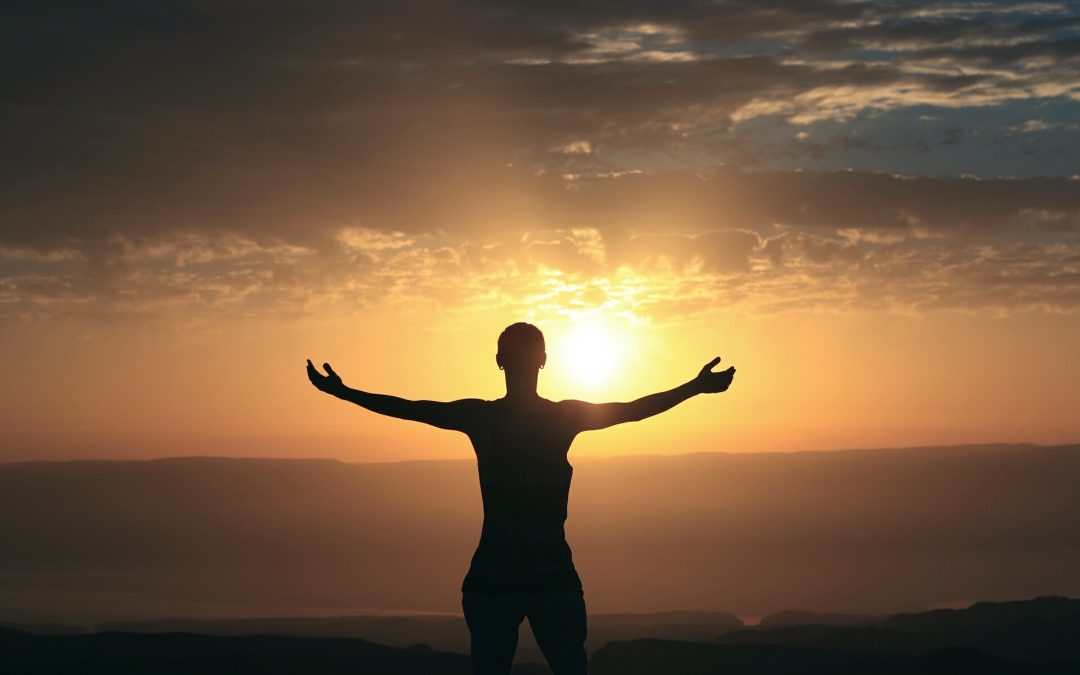
Dec 6, 2017 | Politics & Society
How do you make peace after fatal conflicts and loss of lands? What is the role of identity in conflict and in peacemaking? Maria Armoudian discusses peacemaking with Neophytos Loizides and Madura Rasaratnam. Neophytos Loizides is a Professor and Chair in...

Nov 22, 2017 | Business & Economics, Politics & Society
Why is it so hard to track and prosecute money laundering? How does it finance terrorism? Maria Armoudian discusses the many faces to money laundering with Moyara Ruehsen and Richard Gordan. Moyara Ruehsen is an Associate Professor at Middlebury Institute of...
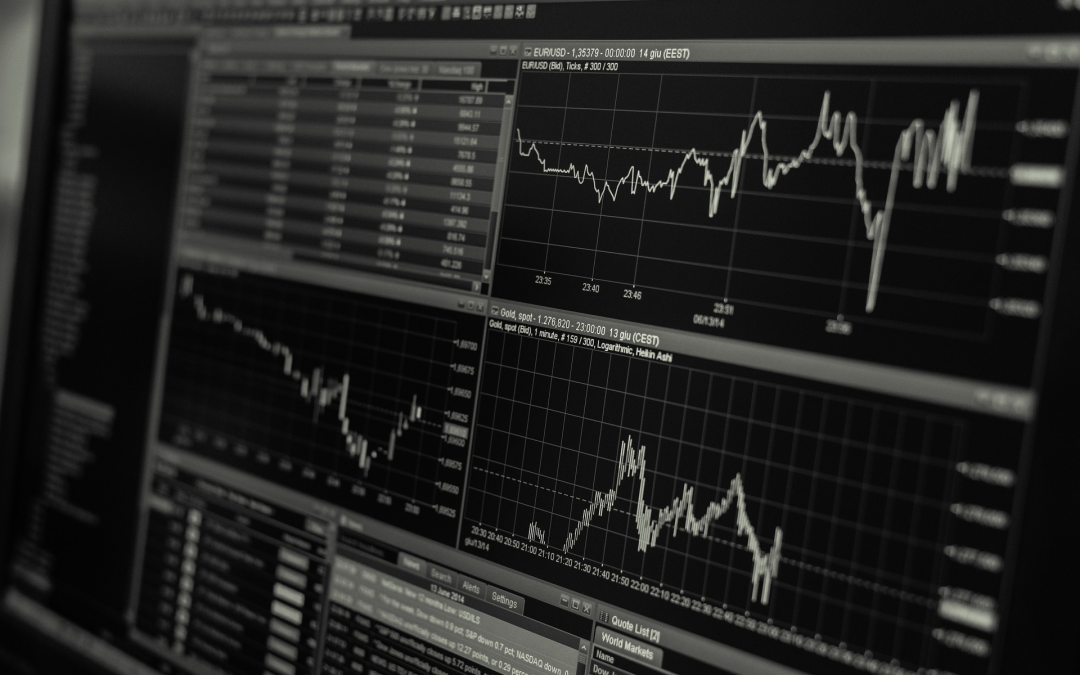
Nov 13, 2017 | Business & Economics
James Roberts, a sociologist at the University of Auckland, believes that digital networks open up possibilities for radically transforming our financial and economic systems. We asked him to discuss some of his ideas about intelligent economic planning in a...
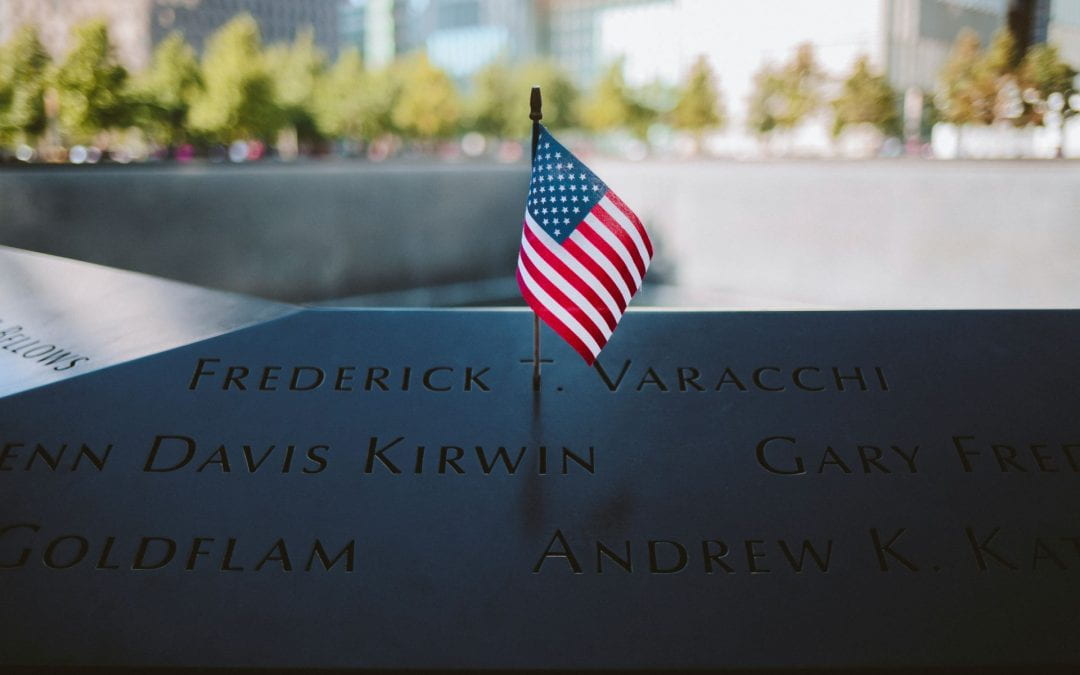
Nov 10, 2017 | Politics & Society
In 2001 there were over 40 groups operating in 28 countries who were challenging state authority and often using targeted violence to make political change. The terrorism label has been affixed to these groups, but what exactly is terrorism, and where does it fall on...
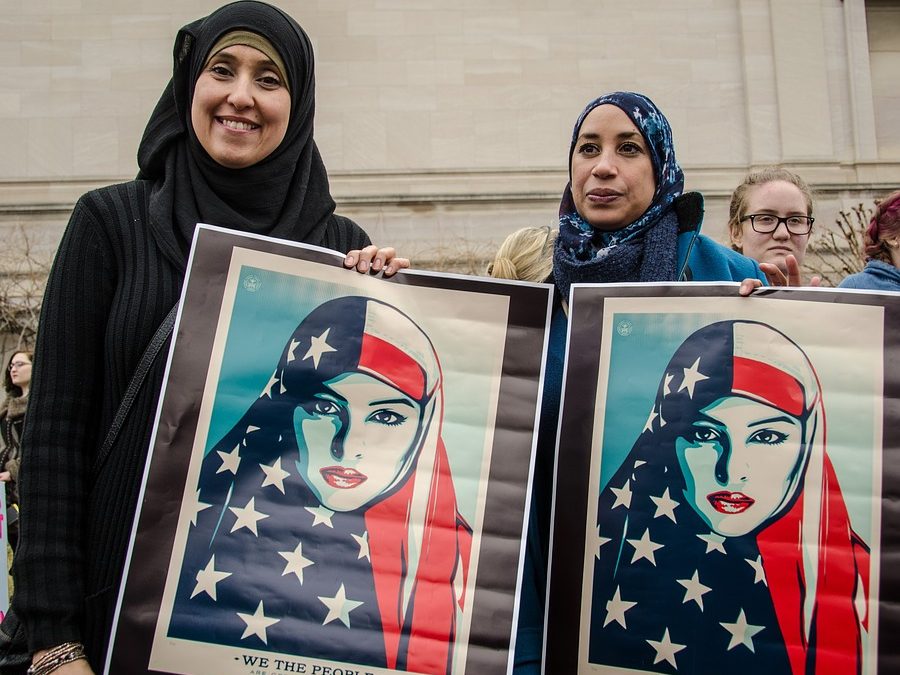
Nov 1, 2017 | Politics & Society
What are the politics of Muslim Americans, and how might they be changing under the current political environment of Trump and a crackdown on immigration from Muslim countries to the United States? Emily Cury Tohma and Aubrey Westfall talk to Maria Armoudian about...

Oct 19, 2017 | Science & Technology
Sanitation and antibiotics have saved the lives of many, but are they also the culprits behind some modern diseases? Martin Blaser argues that we might have gone overboard in killing our microbes, and that may be causing some of today’s epidemics. Blaser discusses the...
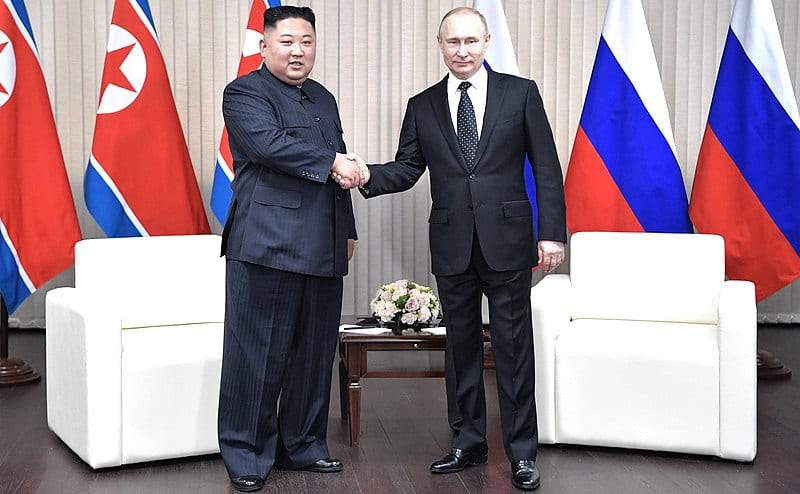
Oct 17, 2017 | Politics & Society
Is there a universal formula for getting and keeping power? Alastair Smith says there is, and it often involves what he calls ‘bad behaviour’. Maria Armoudian talks to Smith about what dictators, CEOs, and political leaders have in common and explores some...
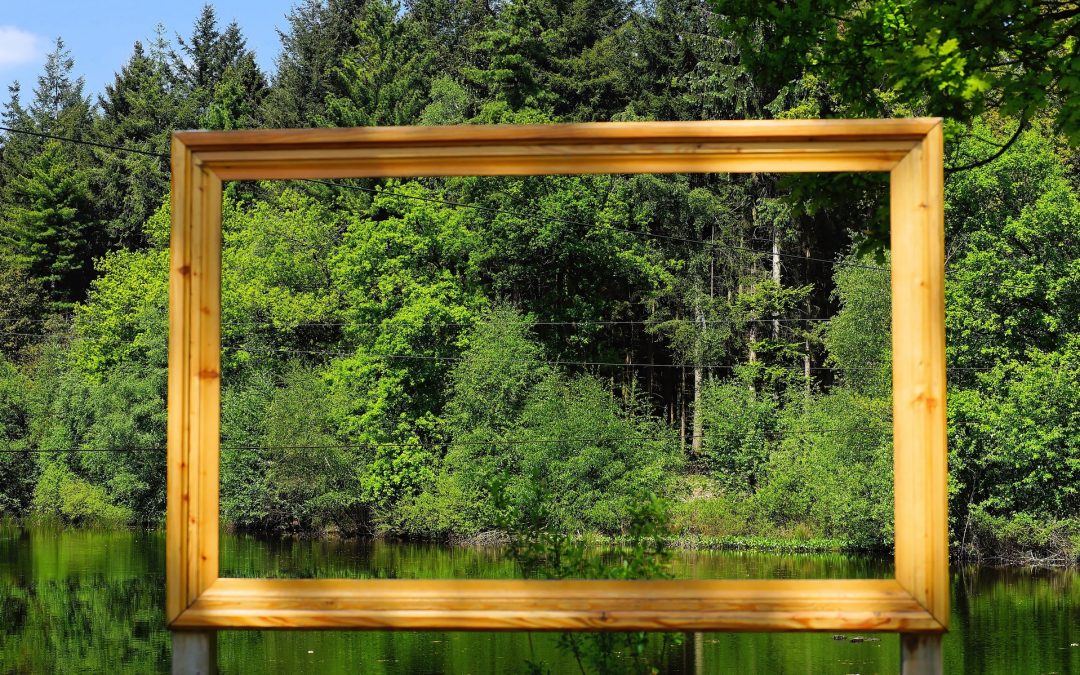
Oct 11, 2017 | Arts & Culture, Business & Economics
What is ‘greenwashing’? In his new book, Toby Miller argues that culture has become an enabler of environmental criminals to win over local, national, and international communities. Miller examines the complicity of culture in our environmental crisis with...
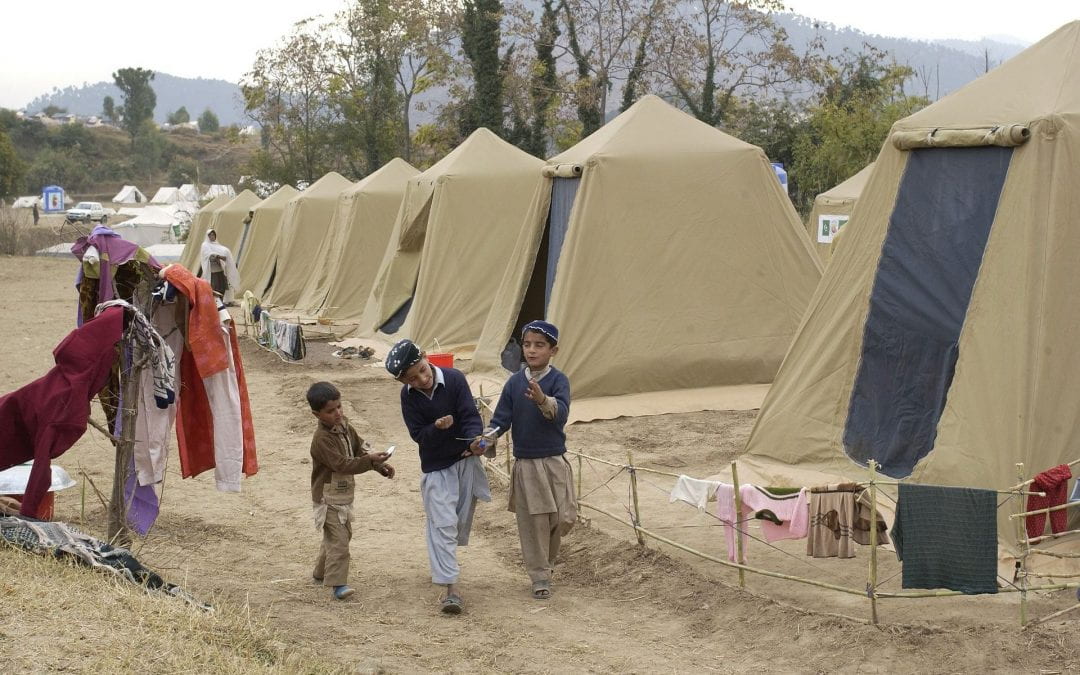
Oct 9, 2017 | Politics & Society
Why do people remain in refugee camps for decades? Refugees stay in camps for an average of seventeen years and often for much longer according to Elizabeth Dunn, who explored the phenomenon for her latest book No Path Home. Dunn sat down with Maria Armoudian to...
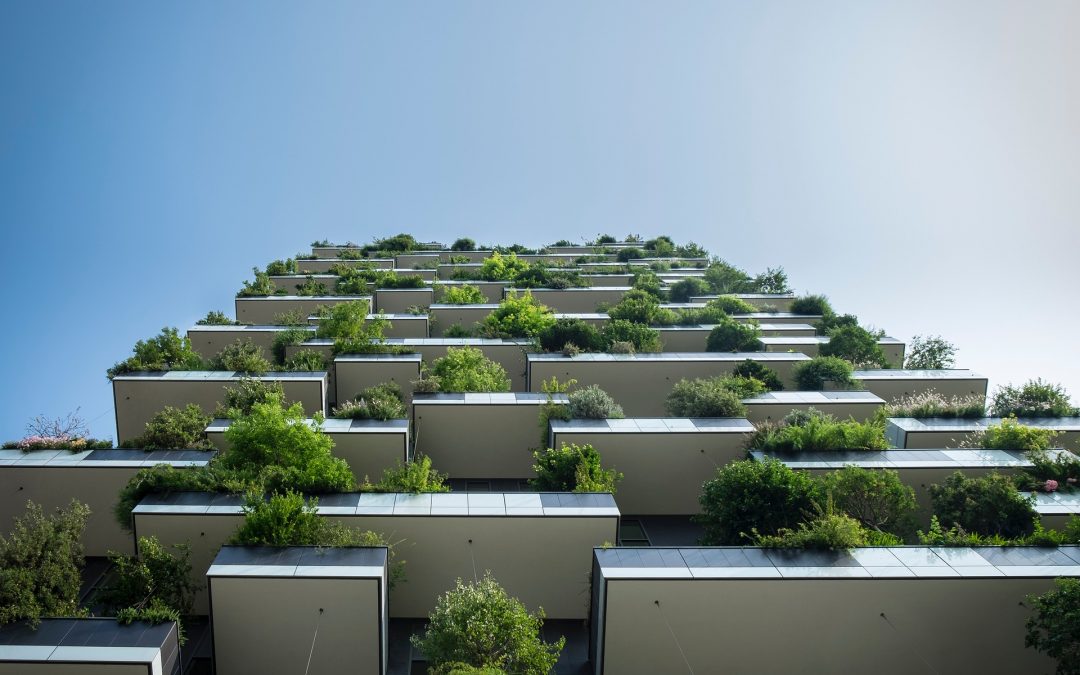
Oct 6, 2017 | Science & Technology
What will the cities of the future look like? Steve Matthewman and Stephen Knight-Lenihan discuss the urban future, covering topics such as ecological resilience, biodiversity, living buildings and floating suburbs. Steve Matthewman is an Associate Professor of...











